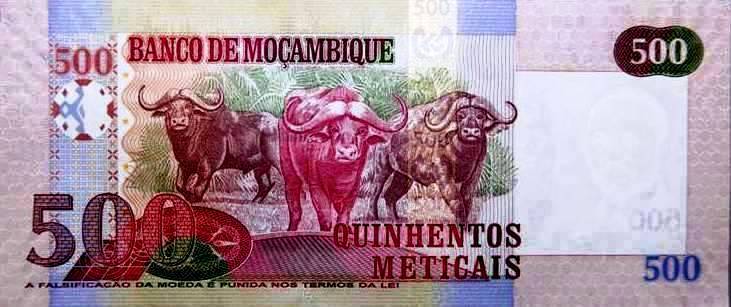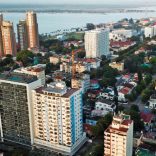Mozambique committed to combating money laundering and financial crimes
Mozambique will reduce inflation to 14% in 2017 – Central Bank

The Bank of Mozambique says that it will continue to take appropriate and timely measures aimed at contributing to the reduction of inflation to around 14 percent by the end of 2017, with economic growth of around 5.5 percent.
Inflation is currently around 27 percent, with forecasts from the central bank pointing to a downward trend continuing into 2017, thanks to the monetary policy measures implemented by the institution.
These measures have allowed the Bank of Mozambique to establish international reserves approximately US$1,760 million, sufficient to cover 3.5 months of imports of non-factorial goods and services, excluding mega-projects.
This increase is due, in part, to sales of foreign currency by commercial banks to the Bank of Mozambique, which totalled about US$174 million, the governor of the Mozambican bank, Rogério Zandamela, said in Maputo at the close of the 2016 economic year.
“In fact, the national currency has been more stable and tending to appreciate, with the US dollar at around 72 meticais by December 16, or a nominal appreciation of nine per cent, compared to the highest rate recorded on the market. Accumulated depreciation has slowed down substantially to 54 percent,” he said.
Among other indicators of the country’s macroeconomic improvement in 2017, Zandamela pointed out the economic developments reported in the last quarter of this year, indicating improvements pointing to more optimistic prospects for 2017, despite the high risks of the domestic and international environment.
In view of domestic and international cyclical risk, the Bank of Mozambique intends paying greater attention to the financial sector, particularly strengthening prudential supervision to ensure that institutions comply with international practices and the recommendations and standards issued by the central bank.
In addition to strengthening monetary and fiscal policy coordination, Zandamela considers it prudent to continue working hard to recover the reputation and credibility of the country and its institutions at the international and domestic levels.
“As far as we are concerned, we will continue to work in close partnership with government institutions for the rapid resumption of the [funding] program with the Bretton Woods institutions, which is a priority for building confidence among investors and international markets and for enabling the return of capital flows to the country,” he said.
Zandamela pointed to the restoration of peace and the free movement of people and goods throughout the national territory as one of the main challenges for 2017. This would allow normal economic activity to take place so that the “high potential” that the country has in agriculture, tourism, energy, fisheries, among other areas, is realised.












Leave a Reply
Be the First to Comment!
You must be logged in to post a comment.
You must be logged in to post a comment.